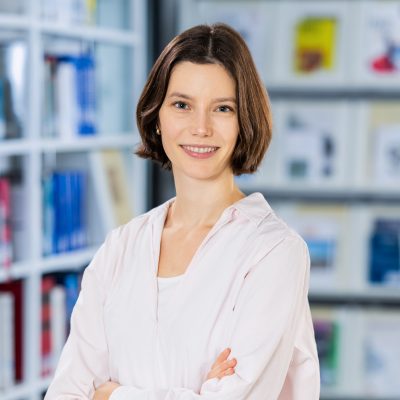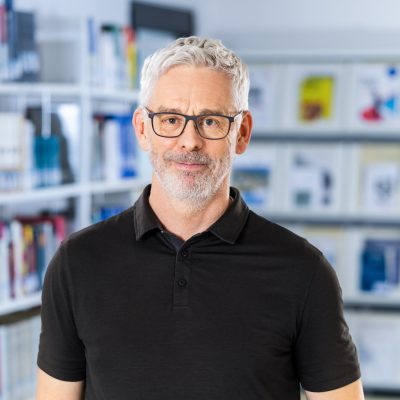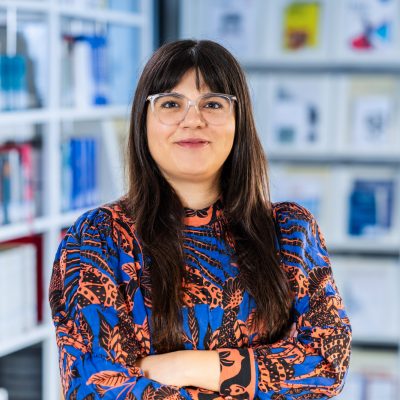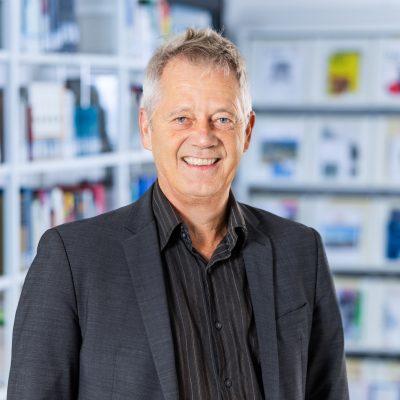Dr. Sophie Duvernoy
Sophie Duvernoy is a literary translator and scholar focusing on the literature and aesthetic theory of the Weimar Republic. She received her PhD in German Literature from Yale University in 2023, and is the English translator of Gabriele Tergit’s Effingers (November 2025, New York Review Books) and Käsebier Takes Berlin (New York Review Books, 2019). She is co-editor of the academic volume Representing Social Precarity in German Literature and Film (Bloomsbury Press, 2023), and her writing and translations have appeared in Modern Language Notes, The Paris Review Online, Los Angeles Review of Books, No Man’s Land, and The Offing.
At KWI Essen, she will work on her first book project, entitled Liberal Forms: Cultural Critique and Reportage in Wilhelmine and Weimar Germany. Liberal Forms examines the nineteenth-century German-Jewish tradition of cultural analysis to demonstrate how this intellectual tradition gave rise to the aesthetic strategies of the feuilleton in the Weimar Republic. It examines a cast of characters from the nineteenth-century reformers Aron Bernstein and Moritz Lazarus to the cultural critic Georg Simmel, the philosopher Ernst Cassirer, the young Georg Lukács, and the writers Siegfried Kracauer and Gabriele Tergit. Putting into conversation academic and public-facing writers, essayists and philosophers, Liberal Forms argues that the project of cultural critique was not confined to the ivory tower but was a shared public discourse in the first fifty years of the German state, as competing visions of the public sphere and political systems fought fiercely with one another.
Dr. Andrew Fisher
Andrew Fisher is founding editor of the international peer reviewed journal Philosophy of Photography (2010-present). He has published widely on the history and theory of photography and related media. He was Lecturer in Visual Cultures at Goldsmiths, London, from 2007 to 2019. From 2019 to 2024 he was a Research Fellow at FAMU (the Department of Photography of the Academy of Arts, Prague), where his work centred on the significance of various conceptions of scale for historical and contemporary photography. This resulted in a series of publications, including: ‘Living with the excessive scale of contemporary photography’, in Photography Off the Scale (Edinburgh University Press, 2021) and ‘Der fotografische Maßstab’, in Ästhetik der Skalierung, Sonderheft 18, Zeitschrift für Ästhetik und Allgemeine Kunstwissenschaft (Felix Meiner Verlag, 2020).
Andrew’s work at KWI will trace continuities and breaks in photographic concepts and practices of sequence to understand the transformation of photography since the late 20th century. Generally, sequence denotes a collection of items placed in order in relation to one another, with an implication that their succession has narrative or logical consequence. It is a familiar term in photography practice and criticism that deals with ordered sets of images, especially those constructed with narrative intent. Additionally, sequence also has wider and less often acknowledged technical and theoretical meanings for photography. Andrew’s work at KWI will investigate sequence as a prime register of the expectation that photography can make sense of the worlds we suppose ourselves to share, just as it gives these worlds their obviously heterogeneous, unequal and conflicted visual form. In this way, sequence is exemplary of photography’s promise to make sense of the world. However, it underscores the photographic potential to highlight discrepancy, disorder and narrative failure just as much as it creates connection, order and narrative meaning. Attention to sequence as a fundamental category of photography today provokes ethical and political questions that haunt our visual milieu: Who is in a position to impose order on the visual? Who has order imposed upon their world? And what mediates the relationship between these possibilities? The grounds for answering such questions are shifting in light of new and emerging visual technologies and need to be interrogated anew, especially if one believes that today’s photography still harbours truth-telling capacities, however attenuated these may be.
Assoc. Prof. Elizabeth Ramírez-Soto
Elizabeth Ramírez-Soto is a film and media historian researching on transnational cinema and television, feminist film histories, and documentary. Currently based in New York, where she holds a position as Associate Professor of Film and Media Studies in the School of the Arts at Columbia University, she was born and raised in Chile, and has lived in countries like France, the U.K, Japan, the Dominican Republic and Australia. Her own transnational experience has deeply nurtured her scholarly work. She is the author of (Un)veiling Bodies: A Trajectory of Chilean Post-Dictatorship Documentary (Legenda, 2019) and coeditor of Nomadías: El cine de Marilú Mallet, Valeria Sarmiento y Angelina Vázquez (Metales Pesados, 2016). She has also published in such journals as Historical Journal of Film, Radio and Television, Feminist Media Histories, and Jump Cut, as well as in numerous edited collections.
As a Thyssen@KWI Fellow, she will be working on a book titled Unruly Bedfellows: Latin American Filmmakers and European Public Television. This book examines the history of the cultural, aesthetic, political, and institutional exchanges between European public television and Latin American filmmakers during the 1970s and early 1990s. At the time, broadcasting institutions such as the RAI (Italy), ZDF (West Germany), INA (France), Channel Four (UK), and later TVE (Spain) created a vibrant cultural space that favoured experimentation and transnational modes of film production. Fleeing dictatorships, Latin American directors sought support from these institutions to make their films. Though their collaborations were not exempt from tensions, directors found significant allies in European broadcasters. Unruly Bedfellows examines the context in which these transnational films were created, how they were produced, and their marketing, reception and distribution both on and off the small screen. While doing so, it develops a comprehensive alternative history of Latin American cinema in European public television.
Dr. Jörg Später
Jörg Später, born in 1966 in Wetzlar and living in Freiburg since 1989, is an independent author associated with the Research Group on Contemporary History at the Historical Seminar of the Albert Ludwigs University of Freiburg. His dissertation, Vansittart: British Debates on Germans and Nazis, was published in 2003. He has also written two scholarly books for Suhrkamp Verlag: Kracauer – A Biography (nominated for the Leipzig Book Fair Prize) and Adorno’s Heirs: A History from the Federal Republic (2016 and 2024). Später contributes to the Frankfurter Allgemeine Zeitung and serves as editor of the Journal of Modern European History.
Since the beginning of this year, Später has been working on a new research project titled The Beckers: A Politically and Intellectually Aristocratic Family in 20th-Century Germany. The Becker family belonged to Germany’s political and intellectual elite for three generations. They were affluent, well-educated, politically engaged, and connected to influential social circles. The Beckers cultivated networks, founded institutions, mentored talented young men, and consistently shaped ideas and initiatives. They were liberal, cosmopolitan, and receptive to major societal changes, from the Republic and the Nazi regime to the postwar Federal Republic and the cultural shifts of 1968, with a strong belief in comprehensive human education and democratic elitism. The project traces the lives of key family members—Carl Heinrich Becker, Hellmut Becker and their wives Hedwig and Antoinette, and the six Becker children— through Germany’s 20th-century history. Their experiences serve as a lens into educational reform in the Kaiserreich and Weimar Republic, Nazi-era state law, the Nuremberg Trials, the intellectual foundation of postwar Germany, and post-1968 developments in psychoanalysis and sexual science. The narrative also extends to courtrooms in Stammheim and Moabit, as well as to Israel, a Jewish state emerging alongside the Federal Republic after World War II.



